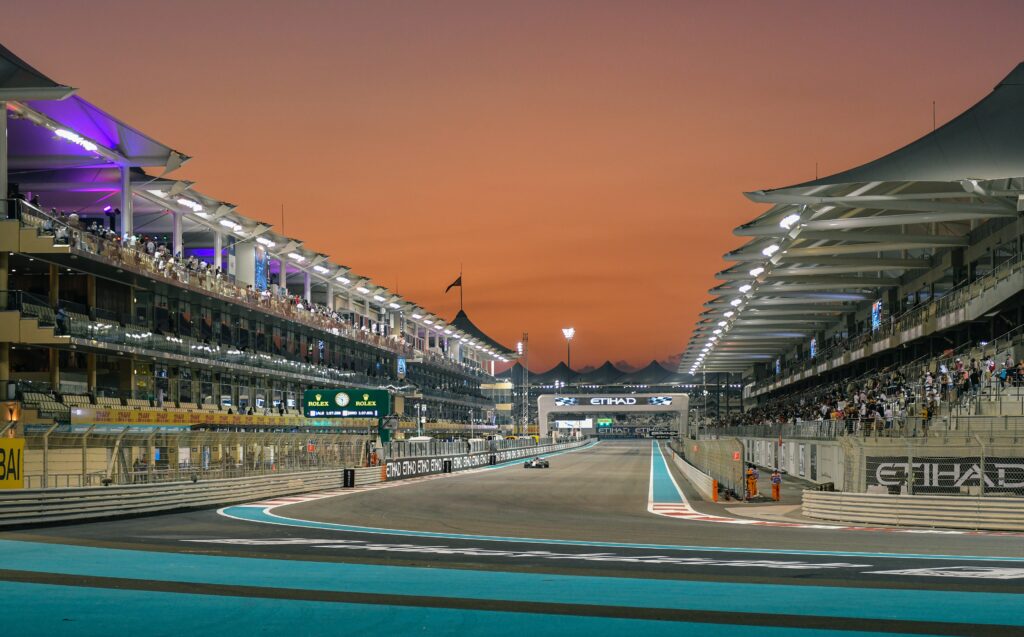Formula 1 President and CEO Stefano Domenicali has expressed his pride at the steps that the sport is making around sustainability and diversity. He stressed the need to continue to make progress on these key areas moving forward. F1’s Sustainability Strategy, based around three pillars, has been in place since 2019. Let’s take a closer look at this strategy and its goals.
Net Zero Carbon by 2030
The first pillar of F1’s Sustainability Strategy is to achieve Net Zero Carbon by 2030, which includes delivering 100% sustainable fuels. This goal will be achieved through a number of initiatives, including investing in renewable energy sources and developing new engine technologies that reduce emissions. In addition, F1 will also work with local authorities to ensure they are using green transport as much as possible when travelling to races. For example, electric vehicles or public transport can be used instead of private cars for short-distance travel between venues and hotels during race weekends.
Legacy of Positive Change
The second pillar is leaving a legacy of positive change wherever it races. To achieve this goal, F1 will work closely with the relevant governments and other stakeholders in each country where it holds races to identify opportunities for lasting positive change in areas such as healthcare or education. As part of this effort, F1 has already established partnerships with various charities that provide support for underprivileged children in host countries. The money raised from these initiatives help fund projects such as providing access to clean drinking water or providing educational materials for schools located near race tracks.
Diversity & Inclusion
The third pillar is focused on taking steps to build a more diverse and inclusive sport by removing barriers, nurturing talent and inspiring change. This includes introducing new policies that promote equal opportunities for all staff regardless of gender or ethnicity as well as increasing recruitment from diverse backgrounds across all departments within the organization itself. Additionally, F1 also plans to introduce new initiatives such as its “Drive Diversity” program which provides funding for young female racers who wish to compete professionally in motorsport events around the world.
F1 will be transitioning to 100% renewable energy in F1 offices and working towards regionalizing the F1 calendar. This means that instead of traveling all over the world for races, they are focusing on staying in one region as much as possible.
Alongside this, F1 has been engaging with race promoters to create a sustainability plan for each event and develop year on year targets. The goal is for each race promoter to have a plan in place that outlines their commitments towards sustainability and reducing their carbon footprint during an event. This includes initiatives such as limiting single-use plastics or providing reusable water bottles for attendees instead of selling bottled water. During the 2022 season alone, over 70% of all events had a detailed plan in place outlining their commitments towards sustainability.
F1’s commitment towards making positive lasting change towards sustainability and diversity & inclusion shows their dedication towards creating a better future for everyone involved in the sport – from drivers and teams competing on the track to fans watching from home! This strategy also demonstrates how serious they are about becoming an industry leader when it comes to addressing climate change and promoting equality throughout motorsport events worldwide! With continued effort from everyone involved, there’s no doubt that F1 will become a powerful force for positive change over time!

